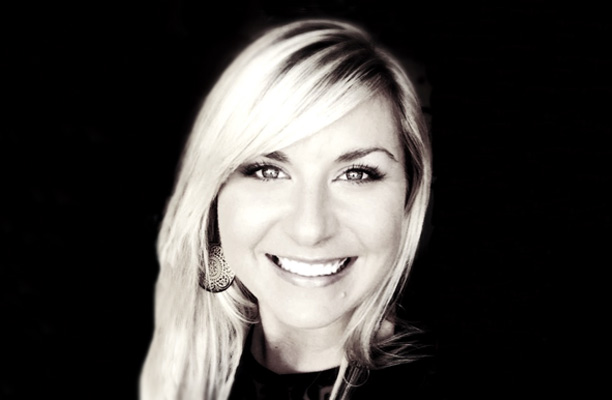
We received this email from a foster parent nominating Rita Richardson as an Outstanding Caseworker:
“Rita truly cares about the children placed in our home and is working hard to ensure that their needs are met and their futures are considered…My husband and I are so thankful for her. She is a true gem.”
Rita works with children, birth parents, adoptive parents, foster parents, and children’s relatives in her role as a conservatorship worker in Texas. We asked her to describe her approach to working with families and what she views as the keys to success. She shares her thoughts below.
What attracted you to the child welfare field?
After doing administrative work for many years, I went back to school to pursue a law degree. I started out as a pre-law major, but ended up graduating with a bachelor’s degree in psychology in 2014. I immediately stumbled upon a job opening with the Texas Department of Family and Protective Services and found I loved the work.
What do you find most rewarding?
Watching families grow—whether it is an adoptive family coming together or birth parents doing what it takes to get their children back—has shown me that change is possible, that you can truly make a difference in someone’s life. It may sound corny, but there is nothing like having a parent who started out defiant come to you at the end of a case and say, “I am so thankful that you were my caseworker.”
How would you describe your approach to working with families?
I communicate a lot.
I am a very direct person, and I say what is on my mind. I am honest with families and young people because I never want anyone to be blindsided. In return, I ask the people I work with to be honest with me. If they are honest, I will go to bat for them. Often I am standing alone in a courtroom, defending a parent or advocating for a certain placement.
What advice would you share with other professionals?
I have learned a lot doing this work, some of which I need to constantly remind myself of.
- Try really hard to listen to the kids. So many of them do not have a voice in what happens to them.
- Remember that we are dealing with people whose life experiences have led them to where they are now. They are not case numbers, they are people whose lives we are affecting.
- Last and sometimes the hardest to do, do not take things personally. Unfortunately in this line of work, we cannot make everyone happy.”